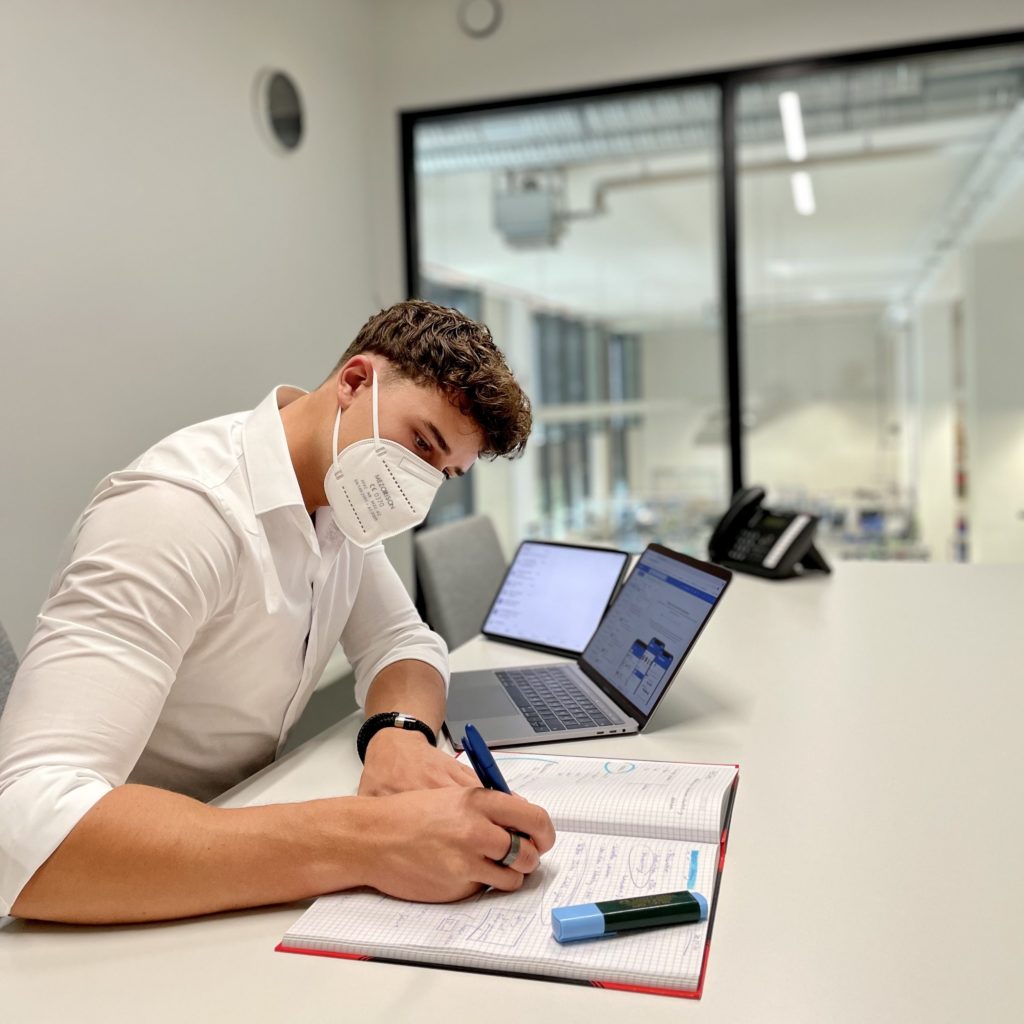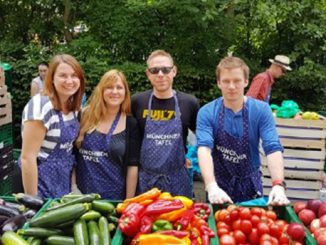MBS Insights: Why do you think it is important for young people to complete internships and gain practice experience?

Lucas Reischl: Theory might be the basis of every career and, without sufficient specialist knowledge and expertise, you’ll find it difficult to acquit yourself well. However, practice doesn’t always follow the textbook; instead, it demands an entire spectrum of soft skills that complement specialist knowledge. But soft skills like interacting with your managers and customers, and even being highly organized, are things you can only learn through practical experience, whether that’s positive or negative. Experience of day-to-day work is therefore important to help you become acquainted with the fundamental processes at play within a complex organizational or corporate structure. You’ll then be able to apply your own expertise successfully along the way.
MBS Insights: What advice would you give to students who are also looking for an internship to gather initial professional experience?
Lucas Reischl: I deliberately opted for a rather small company. The personal element tends to play a far more significant role [than in large companies]. While working at a multinational corporation can lead to you being regarded as one among many others, at a small company everyone can put your name to your face relatively quickly. This has advantages for communication, but it also means that the level of overall responsibility also increases, because any mistakes can be traced directly back to you. As a general maxim, I would advise everyone to always be themselves. This might sound like the kind of motto you find in a motivational calendar, but pretending to be someone else during an interview can rebound on you if you cross paths with that person again during your time at the company. In the end, authenticity will win out over a résumé alone and is particularly important in smaller companies. Also, I’d advise everyone to trust in themselves, bring their knowledge and expertise to bear, and get actively involved in work processes. For one thing, this can increase the value of your experiences, and for another thing it can also give you the feeling of having created something yourself rather than just having worked through a list of tasks.



